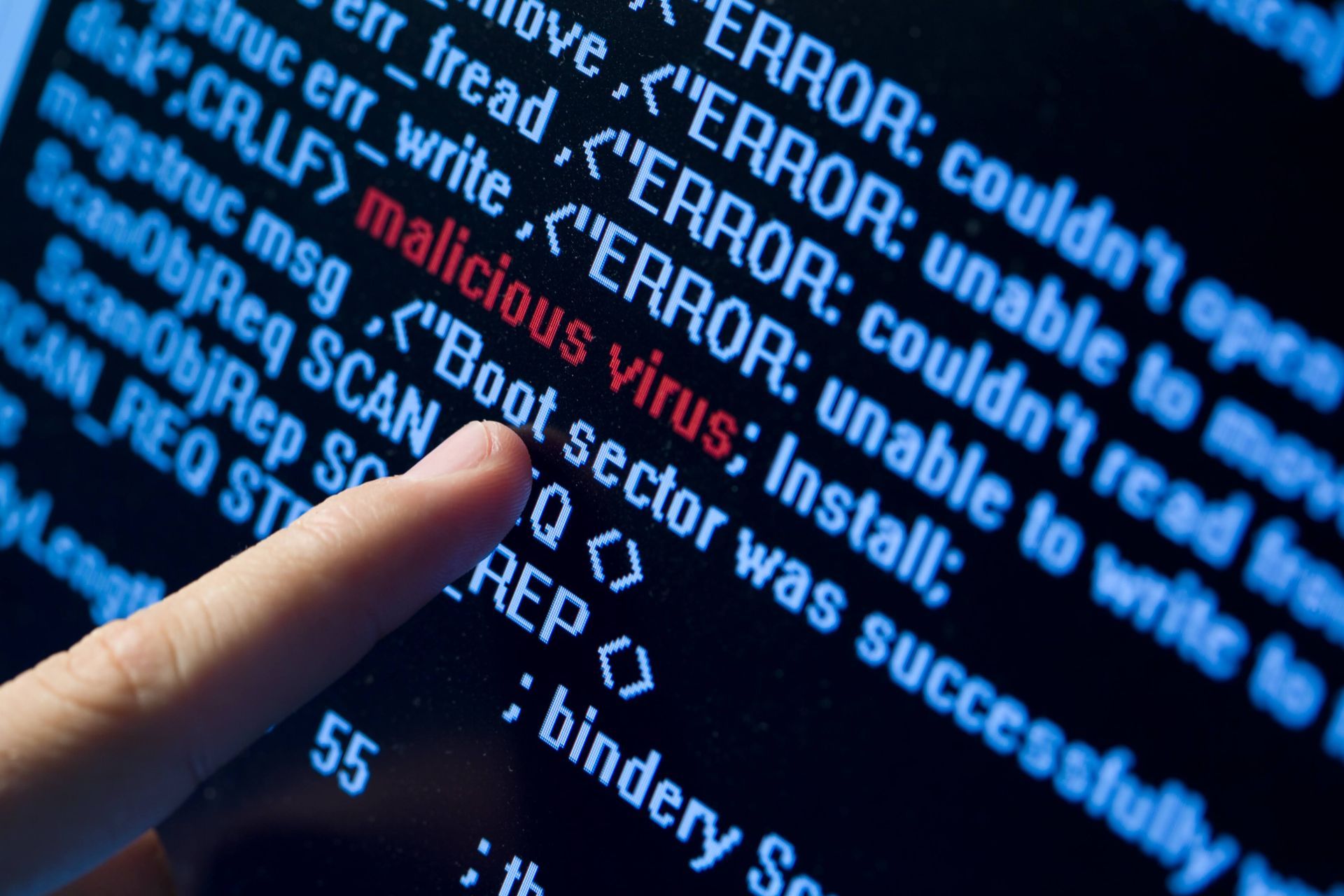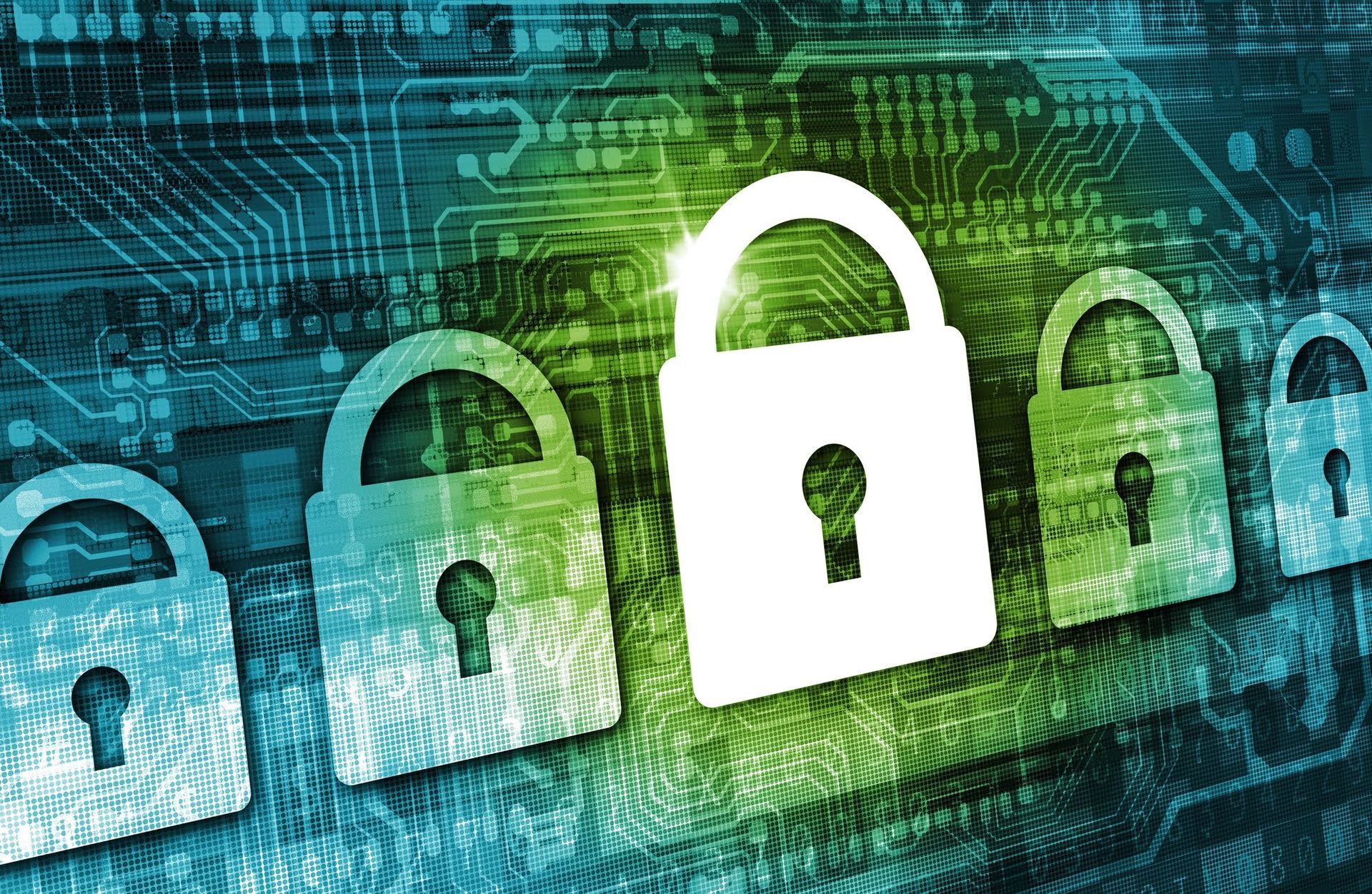Simple Cybersecurity Tips for Small Businesses

If you own a small business, cybersecurity should be one of your top concerns. While large corporations may have dedicated teams and ample resources to guard against cyber threats, small businesses often struggle to adequately protect their digital assets. Despite this challenge, there are effective strategies small businesses can adopt to bolster their cybersecurity. In this post, we'll explore simple, yet robust, cybersecurity tips that every small business should consider.
Understand the Threat Landscape
Before you can safeguard your business, it is essential to understand what you are up against. Cyber threats come in many forms, such as phishing scams, ransomware attacks, or data breaches. A cybercriminal can easily break through a network that is not properly protected.
The impact of these cyber-attacks can be devastating, leading to financial losses, damage to your reputation, and loss of customer trust. Your customer's financial data can be stolen, which could be catastrophic for your business.
Educate Your Employees
Your employees are the first line of defense against cyber threats. Training your staff about the basics of cybersecurity can prevent many common attacks. This training should include identifying suspicious emails; using strong, unique passwords; and understanding the risks of unsecured networks. Your employees should train to alert a professional in your business if they are suspicious of a potential cyber threat.
Keep Your Software Updated
Software updates often include patches for security vulnerabilities. Delaying these updates leaves your systems exposed to potential attacks. Enable automatic updates where possible, ensuring that your systems are always equipped with the latest security enhancements. Virus and spyware software also need to be updated regularly to safeguard against the constant surge of newly developed threats.
Use Strong, Unique Passwords
Passwords are a critical line of defense in cybersecurity. Encourage your employees to use strong, unique passwords for each account and change them regularly. Implementing a password manager can simplify this process and add an extra layer of protection.
Secure Your Wi-Fi Network
An unsecured Wi-Fi network is an easy target for cybercriminals. Ensure your business Wi-Fi is password-protected and encrypted. Also, consider setting up a separate network for guests to keep your business data separate and secure. Change the Wi-Fi password periodically as well.
Backup Your Data Regularly
Regular data backups can save your business in the event of a ransomware attack or data loss. Ensure your backups are stored in a secure, off-site location. This way, even if your primary data is compromised, you have a reliable means to restore it.
Use a Firewall
A firewall provides a buffer between your network and the internet, blocking malicious traffic. Implementing a firewall is your first line of defense against cyber threats. Many modern routers come with built-in firewalls, but you need to ensure they are activated and updated regularly. Your network also needs a firewall.
Limit Employee Access to Data
Not every employee needs access to all your business information. Limiting data access to those who need it for their job roles minimizes the risk of internal breaches and helps to protect sensitive information.
Conduct Security Audits Regularly
Regular security audits can help identify potential vulnerabilities in your system. These audits should be part of a broader risk management strategy, ensuring your business is prepared and protected against the ever-evolving cyber threat landscape.
Consider Cybersecurity Insurance
Cybersecurity insurance can't prevent a cyber-attack, but it can help mitigate the financial impact if one does occur. It can cover costs associated with data recovery, legal fees, and customer notification and support.
If you need help with cybersecurity, contact Reliance Desktop today. With our personalized services, we will help secure the data attributed to your Jacksonville business.











